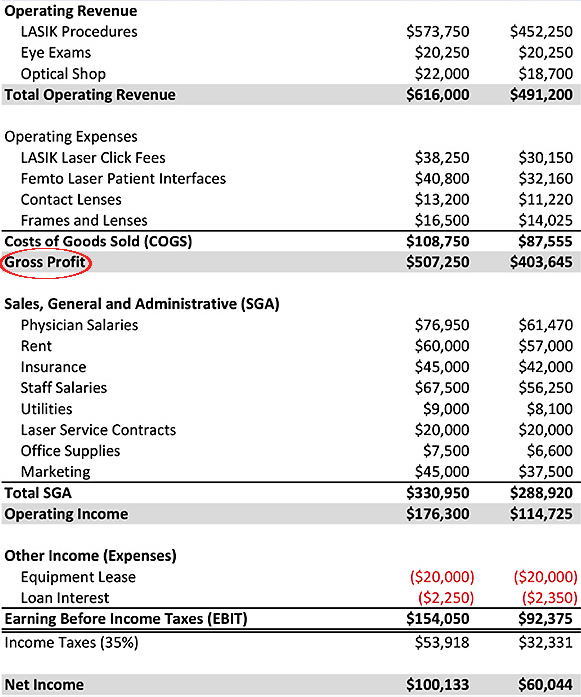How to Make Your Practice Website Show Up in AI Search
Search isn’t what it used to be.
As Meddkit’s recent report points out, it’s no longer about keyword volume—it’s about how well your content meets the intent behind a question.
Patients are still looking for care online—but now they’re asking tools like ChatGPT or Google’s AI-powered search assistant instead of scrolling through websites. That means your site needs to show up in a totally different way.
If your website isn’t built to feed AI the right signals, it won’t show up at all. But the good news? With a few smart changes, your site can be one of the first answers patients see.
Let’s break down how.
SEO Isn’t Dead—It’s Evolving
From Keywords to Conversations
Search engine optimization used to be about matching keywords. Think: “ENT doctor near Boston.” That still matters—but now AI wants real, clear answers.
AI-driven tools pull from well-structured, natural-sounding content. If your site answers patient questions like a conversation—not a robot—it’s more likely to be included in AI-generated results.
Instead of stuffing keywords, focus on writing like you talk to patients every day.
Structured Data Makes a Big Difference
Google and AI tools love structure. Schema markup (the behind-the-scenes code that tells search engines what your content is) helps them figure out what you offer, where you are, and what kind of information you’re sharing.
If your site clearly shows that you’re a licensed orthopedic surgeon in Austin, that you’re accepting patients, and that your FAQ page actually answers real medical questions, you’re in a good place.
Trust Signals Still Matter
Google uses something called E-E-A-T: Experience, Expertise, Authoritativeness, and Trustworthiness. It’s a fancy way of saying: “Is this real, helpful, and written by someone who knows what they’re talking about?”
Adding doctor bios, credentials, and reviewable content from clinicians helps your site pass that test. AI tools use those signals to decide what to show users.
Your Website Should Feel Like a Helpful Conversation
Real People Ask Real Questions
AI searches are more conversational. Someone might ask, “What does a podiatrist do for heel pain?”—not just type “heel pain doctor.”
If your site has content that directly answers those kinds of questions, it’s more likely to show up in AI-generated results. FAQ pages, blog posts, and service pages should all focus on clear, helpful answers in everyday language.
Be Specific About What You Do and Where You Do It
AI tools still care about local relevance. So if you’re a dermatologist in Scottsdale, your site should say that—more than once, and in the right places.
Even better? Write content that reflects that niche. For example, “How Scottsdale weather affects dry skin” is a great topic that helps both people and AI understand what you offer.
What You Can Do to Get Noticed by AI
Timeless principles for creating helpful content remain true. But, there are some technical nuances for optimizing for AI-driven search.
1. Review Your Content for Clarity and Relevance
Is each page answering a question a patient might ask? Are the answers clear, accurate, and easy to read?
2. Add Author Bios to Blog Posts
Even if it’s ghostwritten, list the clinician who reviewed it. That builds trust with AI—and with patients.
3. Create or Update FAQ Pages
These are gold for AI search. Use actual patient questions you hear in the clinic.
4. Add Structured Data
Ask your web team about adding schema markup for healthcare services, locations, reviews, and physicians.
5. Keep It Fast and Mobile-Friendly
Sites that load quickly and work well on phones are more likely to be included in search results—especially with AI tools that value user experience.
The Bottom Line: Help AI Help Your Practice
AI search isn’t out to get you—but it is changing how people find care.
By updating your website to be more conversational, more structured, and more helpful, you make it easier for AI tools to show your practice to the right patients.
It’s not about chasing algorithms. It’s about being clear, credible, and useful—just like you are in person.








